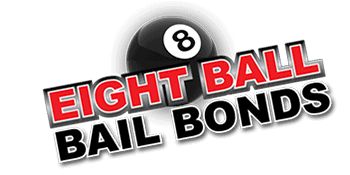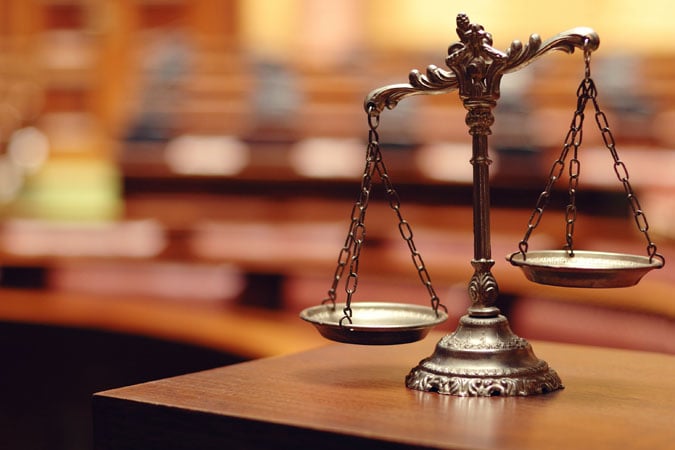While there are people who vindictively feel that anybody who has wronged society should be put away and made to suffer indefinitely, cooler heads fortunately prevail, thanks to the Eighth Amendment of the Constitution. Adopted as part of the Bill of Rights in 1791, the Eighth Amendment states, “Excessive bail shall not be required, nor excessive fines imposed, nor cruel and unusual punishments inflicted.”
Law and order is a tricky thing, and upholding justice, not quite the cut-and-dried deal that people think it is. In the case of bail, the system uses it as a method to allow the accused to prepare to plead their case and fortify themselves for the imminent ordeal. The practice dates back to colonial times in the US and was copied from the British who had observed it as early as medieval times. Essentially, bail is some form of property — money, typically — deposited or pledged by the accused to the court to persuade it to release them from jail on the understanding that they will show up for trial; otherwise, they forfeit the bail.
Instances of abuse of power in terms of setting bail prompted the amendment of the law to ensure that the consequences, be they bail or sentence, of a certain case befit the crime. Society may have gone past the time of drawing and quartering or burning a person alive, but bail and punishment can still be excessive.
For proper distinction, abuse regarding bail set in federal pre-trial detention is prohibited as provided for in the Excessive Bail Clause of the Eighth. In terms of bail set in state or local courts, the Fourteenth Amendment makes the same provision.
While the whole point of the clause is to ensure that defendants are given a fair bail amount in direct proportion to the charge against them, it’s also important to remember that it also bears the purpose of making certain that they will stand before court to be found guilty or otherwise. The right bail amount will allow the accused to enjoy freedom while still under the presumption of innocence. Too high and they are denied the right; too low and they don’t feel the financial liability that is supposed to guarantee their return to court.
Typically, the following are some of the factors that the court considers when setting the bail amount: the gravity of the offense, the strength of evidence against the accused, their ability to pay a certain amount as fine, the extent of ties to the community, and their general trustworthiness.
Abuse and excesses against the accused do not serve any good to anyone. For true justice to prevail, they must altogether be avoided.

